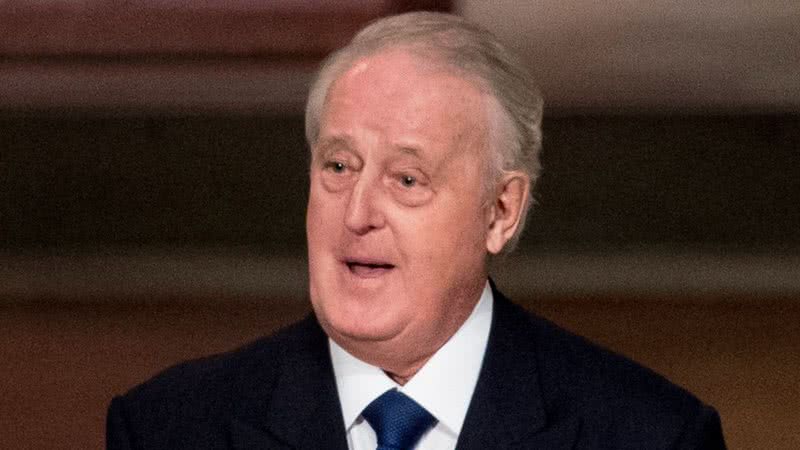The Minister of Agriculture, Livestock and Supply, Tereza Cristina, travels this Saturday (12) to Canada to discuss with businessmen and government officials the possibility of increasing exports of potash to Brazil. Canada is the largest potash producer in the world, with approximately 33% of global production.
According to the minister, the idea is to talk mainly with the private sector to talk about the Brazilian government’s desire to facilitate sales in Brazil.
“The trip is to talk to the Canadians to see if we can get a larger quantity than what they are already sending us, to fill those possible supply bottlenecks that we might have, due to the conflict between Russia and Ukraine,” he explained. According to her, the Brazilian government has already held several videoconferences with the association that brings together Canadian exporters to address the issue.
During the trip to Ottawa, meetings are planned with the presidents of potash producing and exporting companies located in the country, as well as with representatives of the Canadian government. This Sunday, the minister is meeting the board of directors of Brasil Potash. On Monday (14), a meeting is scheduled with Canada’s Deputy Minister of Agriculture, Paul Samson. The minister will also have meetings with the presidents of the companies Gensource, Nutrien, Canpotex and Fertilizers Canada. The return of the Mapa entourage is scheduled for Monday (14), arrival in Brazil on Tuesday (15).
Good evening! On the way to Ottawa, #Canada! 🍁 In search of fertilizer and more opportunities for our #agro 🇺🇸 🇨🇦 pic.twitter.com/oHkdNOTZLp
— Teresa Cristina (@TerezaCrisMS) March 12, 2022
In February, the minister visited Iran to negotiate an increase in fertilizer exports to Brazil. Yesterday, she received representatives of Arab countries in Brasilia to discuss the possibility of increasing fertilizer exports to Brazil.
Currently, Brazil is the world’s fourth largest fertilizer consumer, responsible for around 8% of this volume and is the world’s largest importer. Brazil imports approximately 85% of all fertilizers used in domestic agricultural production. In the case of potassium, the percentage imported is around 95%.
press information
[email protected]
*Text updated on 03/13

“Pop culture fan. Coffee expert. Bacon nerd. Infuriatingly humble communicator. Friendly gamer.”



:strip_icc()/s02.video.glbimg.com/x720/11852909.jpg)



